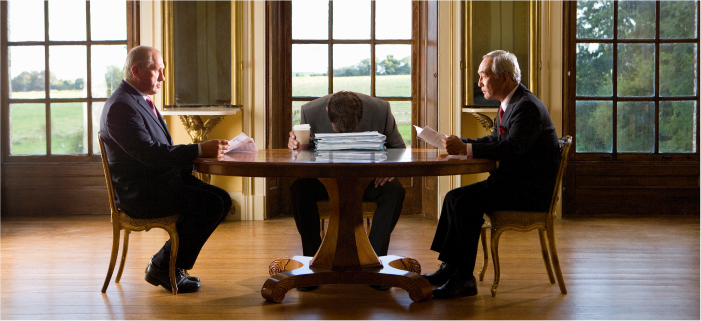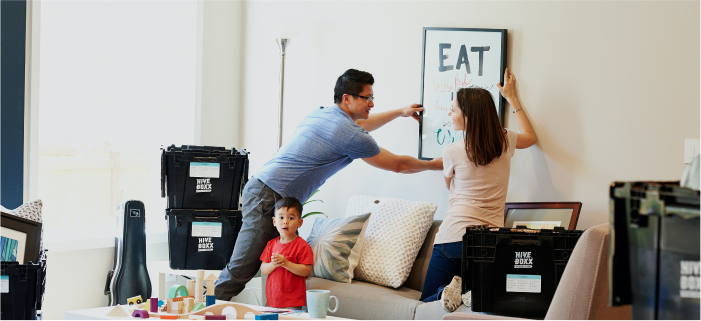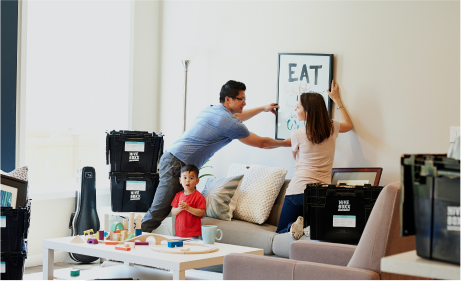1 min read
How to protect yourself when renting an apartment
Renting an apartment or other property seems like such a common thing to do. Most of us have ever rented or are renting out one, but yet this simple task seems quite tricky sometimes. When renting out a property, one should always consider the safety of the tenant, but the landlord should also focus on protecting themselves. Becoming a landlord or a tenant both roles can come with many risks, from financial liability to even personal safety.
Lots of people pay to escape these complications by using some big real-estate firms to take care of papers and any kind of uncertainty. That seems to be fair way out but still a bit old-fashioned and not the cheapest one. You can save a lot of money and time if you consider a simple agreement with e-gree.
Using rental e-greement anything can be rented. From a room, apartment or house to a car, bicycle or power tools. Whether a short term or long term rental, the parties can customize their terms and how and when rental payments are to be made. This e-greement is especially useful for someone who is renting to friends or family, but still want to ensure everyone is on the same page with respect to what is expected and when.
Here we gathered some tips that would be useful for both landlords and tenants:
- Make a contract
Ensure your rental agreement is specific and clear. Have all the terms you agreed on in writing– that just will make your life way easier in any case. Don’t worry, it is not hard and won’t take ages – with E-gree we got you covered.
- Get everything in writing
To avoid disputes or misunderstandings with your landlord, get everything in writing. Keep copies of any correspondence, and follow up an oral agreement with a text or email setting out your understandings. For example, if you ask your landlord to make repairs, put your request in writing in any suitable way for you. That will make things easier keeping you on the same page.
- Be in dialog with each other
Keep communication open with your landlord or tenant. If there’s a problem, just talk it over to see if the issue can be resolved short of a nasty legal battle. Most of the issues are just the matter of communication, so why not to try to avoid conflict?
- Upgrade your door locks
In general, it is one more way to avoid misunderstanding and disputes in case if something happen. As a tenant you never know how many duplicate keys are out there, and you want to be sure you’re the only one with access to your apartment (and your landlord should give warning before using their keys to enter an apartment). As a landlord, changing the keys is the way to show to your tenant that only you both are able to enter the estate and should be responsible for it.
- Conduct a walk-through of your property
Creating a written report of the condition and cleanliness of the property is essential and simple. It takes no more than 10 minutes and save you hours in some bad case scenarios. And take your phone with you – there are some other ways to use your camera, not just selfies or food pictures. When you take possession of your rental and also when you move out of it, take photos noting your rental’s condition. These images can be useful if you wind up in any kind of disagreement or dispute concerning maintenance, damage or insurance coverage.










